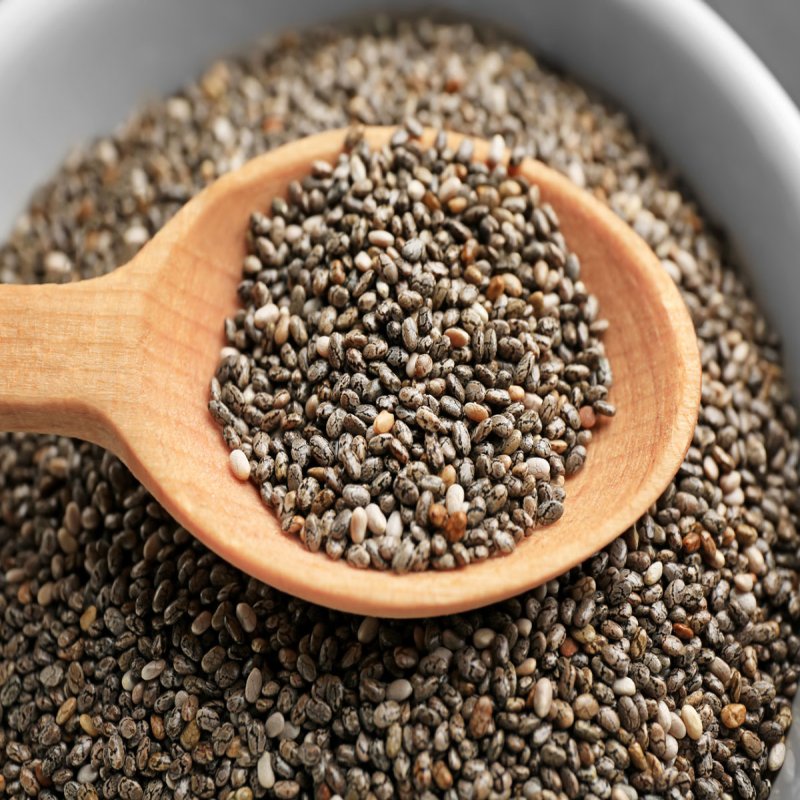
We have been eating chia seeds since ancient times as a powerful source of energy, but recently they have caught a lot of attention as a superfood. The reason for their popularity is their rich source of plant-based omega-3 fatty acids, known as Alpha-Linolenic Acid (ALA). Emerging research suggests that including chia seeds as part of the diet may help improve cardiovascular risk factors such as high cholesterol and high blood pressure.
Read on to learn more about chia seeds health benefits!
Chia seeds are obtained from a flowering plant species called Salvia hispanica. It belongs to the mint family, Lamiaceae. Another type of chia seed known as “golden chia” belongs to the species Salvia columbariae.
The Aztecs were the first in history to use Chia seeds in as early as 3500 B.C. It was one of the staple foods of the Aztec diet. It provided them with energy for doing laborious work. The ancient Mesoamerican civilization believed that chia seeds provided supernatural powers to the human body. This is the reason why many ancient Mesoamerican warriors carried chia seeds with them to the battlefield for energy and stamina. It was later grown as a cash crop in the valleys of Mexico between 1500 to 900 B.C.

It was during the early 1990s that a group of American and South American scientists, nutritionists, and agriculturalists began collaborating in the commercial production of chia seeds in Argentina. At present, chia seeds are grown in Argentina, Mexico, Peru, Bolivia, and Australia.
- Chia seeds can be eaten raw but it is better if soaked in water before eating to avoid choking.
- Chia seed is gluten-free.
- One serving of chia seeds contains approximately 10% of your daily protein requirements.
- More than 80% of chia seeds’ carbohydrate content is insoluble fibers.
Chia Seeds Health Benefits
Chia seeds offer a great opportunity to improve human nutrition by providing a natural source of omega-3 fatty acids, antioxidants, carbohydrates, protein, dietary fiber, iron, phosphorus, and calcium. Including chia seeds in your diet promotes healthy skin and increases energy.
The omega-3 fatty acids in it help to reduce inflammation, enhance cognitive performance, and control high cholesterol. Dietary fiber helps regulate bowel function. Calcium, magnesium, and manganese keep bones healthy, prevent hypertension, and help you lose weight. Iron aids Red Blood Cell (RBC) production, which helps carry oxygen throughout the body. It also contains an antioxidant called quercetin, which improves cardiovascular health.
Let us look deeper at some of the important chia seed health benefits below.
Manages Diabetes
Chia seeds are rich in alpha-linolenic acid, a type of omega-3 fatty acid. It helps in preventing insulin resistance and metabolic disorders like dyslipidemia (excessive fat in the blood), the two main factors causing diabetes. As published in the British Journal of Nutrition, scientists conducted two studies at the same time and proved that chia seeds help control diabetes. The slow release of starch and carbohydrates present in them helps prevent blood sugar spikes after a meal.
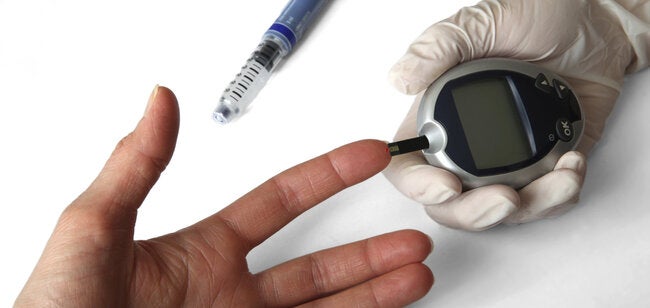
Enhances Heart Health
Chia seeds are a rich source of omega-3 fatty acids, which prevent heart disorders by lowering Low-Density Lipoprotein (LDL) and increasing high-density lipoprotein (HDL) levels. High amounts of LDL in the body can lead to damage and inflammation of the arteries when oxidized. The oxidation of LDL may occur when LDL cholesterol particles in the body react with free radicals. Free radicals are unstable molecules produced as a result of normal metabolism, a disease, or exposure to toxins.
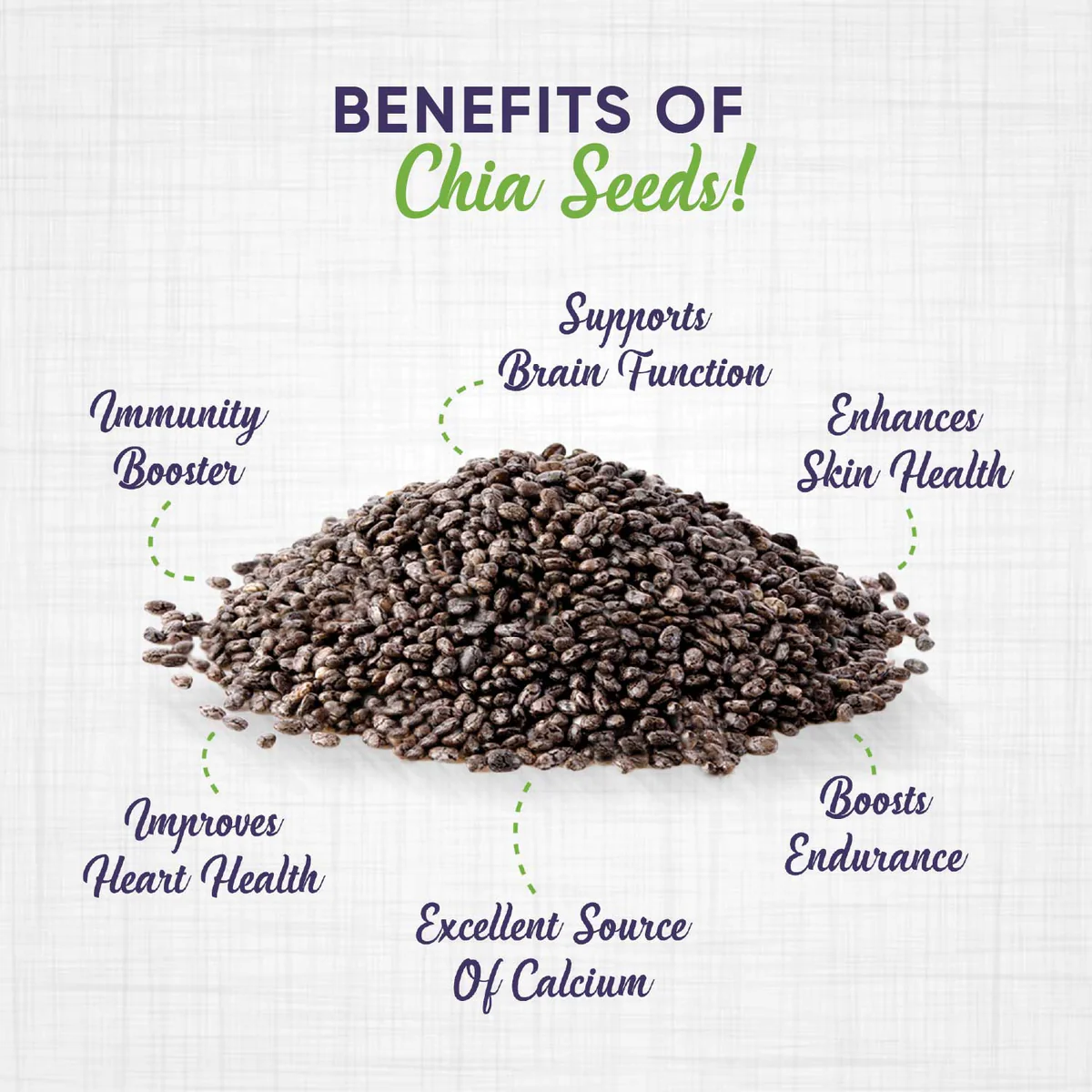
The omega-3 fatty acids also reduce triglyceride levels in the body. A high number of triglycerides can increase the risk of heart diseases such as heart attacks, stroke, and irregular heartbeats as well as contribute to high blood pressure, blood cholesterol, and obesity.
Maintains Bone Health
100g of chia seeds contain 63% of the Recommended Dietary Allowance (RDA) of calcium for adults. Apart from calcium, there are several other nutrients like magnesium, manganese, phosphorus, and boron, which are essential for the healthy growth of bones and muscles. Boron also helps in metabolizing other nutrients.
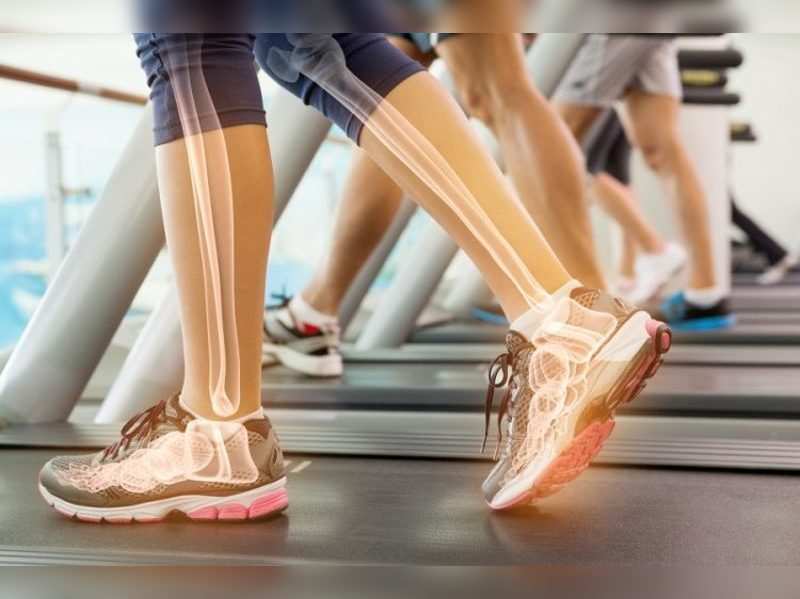
Improves Oral Health
Calcium, phosphorus, vitamin A, and zinc present in chia seeds help in the proper maintenance of the oral cavity. Calcium keeps the teeth strong. Zinc prevents tartar by reducing plaque formation on the teeth. Vitamin A and phosphorus also keep your teeth strong and your mouth clean. It also has anti-bacterial properties that kill bacteria, which prevents bad breath.

Prevents Arthritis
Chia seeds contain quercetin, an antioxidant that helps lower joint inflammation, a common problem associated with arthritis. ALA or alpha-linolenic acid also protects from joint swelling.

Promotes Weight Loss
Chia seeds contain soluble fibers, which aid in weight loss. Soluble fibers slow down digestion and lead to a feeling of fullness. It also helps you lose weight by suppressing your appetite and reducing your calorie intake.
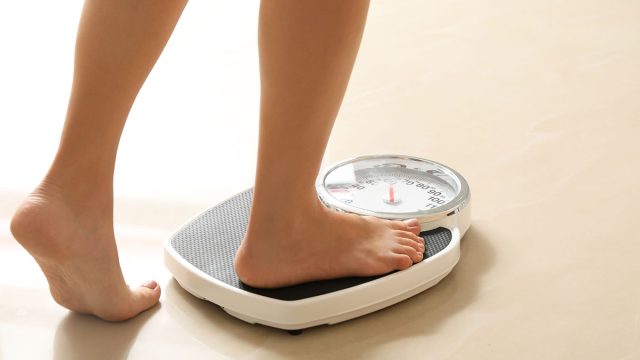
How to Eat Chia Seeds?
Chia seeds are popular today as a modern-day health food because they promote weight loss. Be it at your gym cafe or a juice or salad bar, chia seeds are dominating. Chia seed powder is often used as a thickener instead of eggs by people following a vegan diet. "Chai chia pudding” is a popular dessert among fitness enthusiasts who don’t want to gain weight.

Some ways of incorporating chia seeds into your diet are as follows:
- You can use it in baked goods as a binder, replacing eggs for vegan recipes.
- You can also add it to yogurt, salads, soups, juices, or smoothies for an instant boost of energy.
- Boil chia seeds in milk to make healthy porridge for breakfast.
- They have a nutty flavor, so you can roast them and add them in small amounts to breakfast cereals, sautéed vegetables, or on top of bread toasts for a good taste.
- They are an excellent exfoliate, which you can add to a mixture of coconut oil and lemon juice and use as a body scrub.
Thus, chia seeds benefit our health and are quick and easy to use. It can help add valuable nutrition to your diet. Let us know how you would like to include them in your diet in the comments section below.
Disclaimer: Consuming excessive amounts of chia seeds can lead to constipation so it is important to drink adequate water along with it. Always soak chia seeds overnight or boil them in water or milk before consumption as eating dry chia seeds can lead to oesophageal problems. Children should avoid eating chia seeds as they may have a problem swallowing them.
Nutritional Information
100 grams of chia seeds contain 486 calories.
Carbohydrates-42g (Dietary fiber- 34g), Protein – 17g, Fat-31g (Saturated fat-3.3g, PUFA – 24g, MUFA – 2.3g), Sodium – 16mg, Potassium – 407mg
and percentage daily value of Vitamin A – 1%, Vitamin C – 2, Magnesium – 83%, Calcium – 63%, Iron – 42% (based on a 2,000-calorie diet).


.png)


